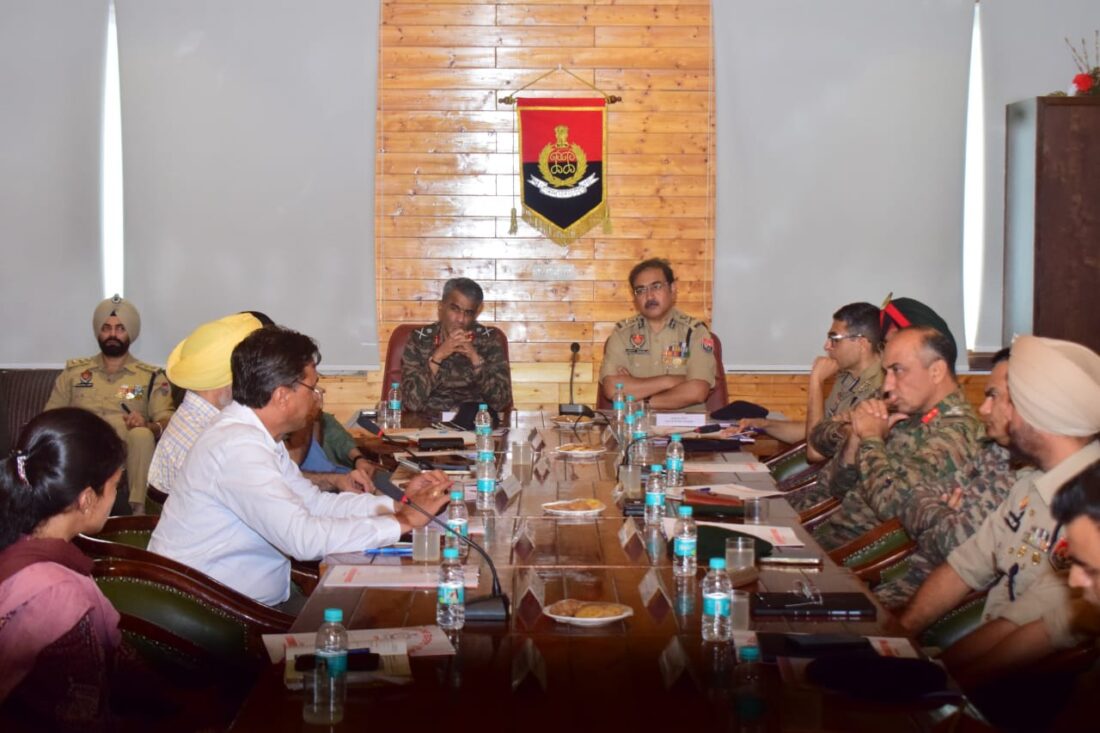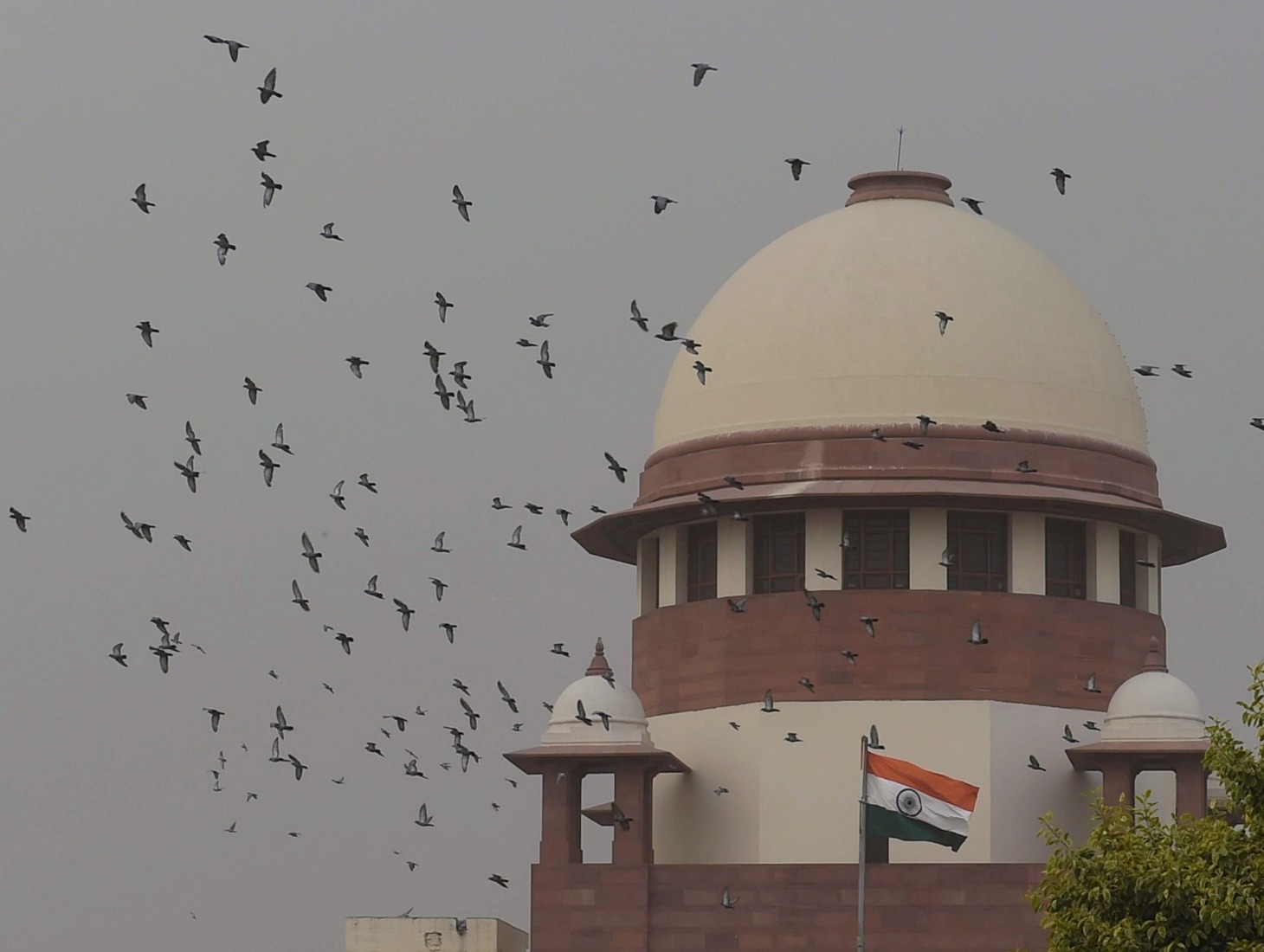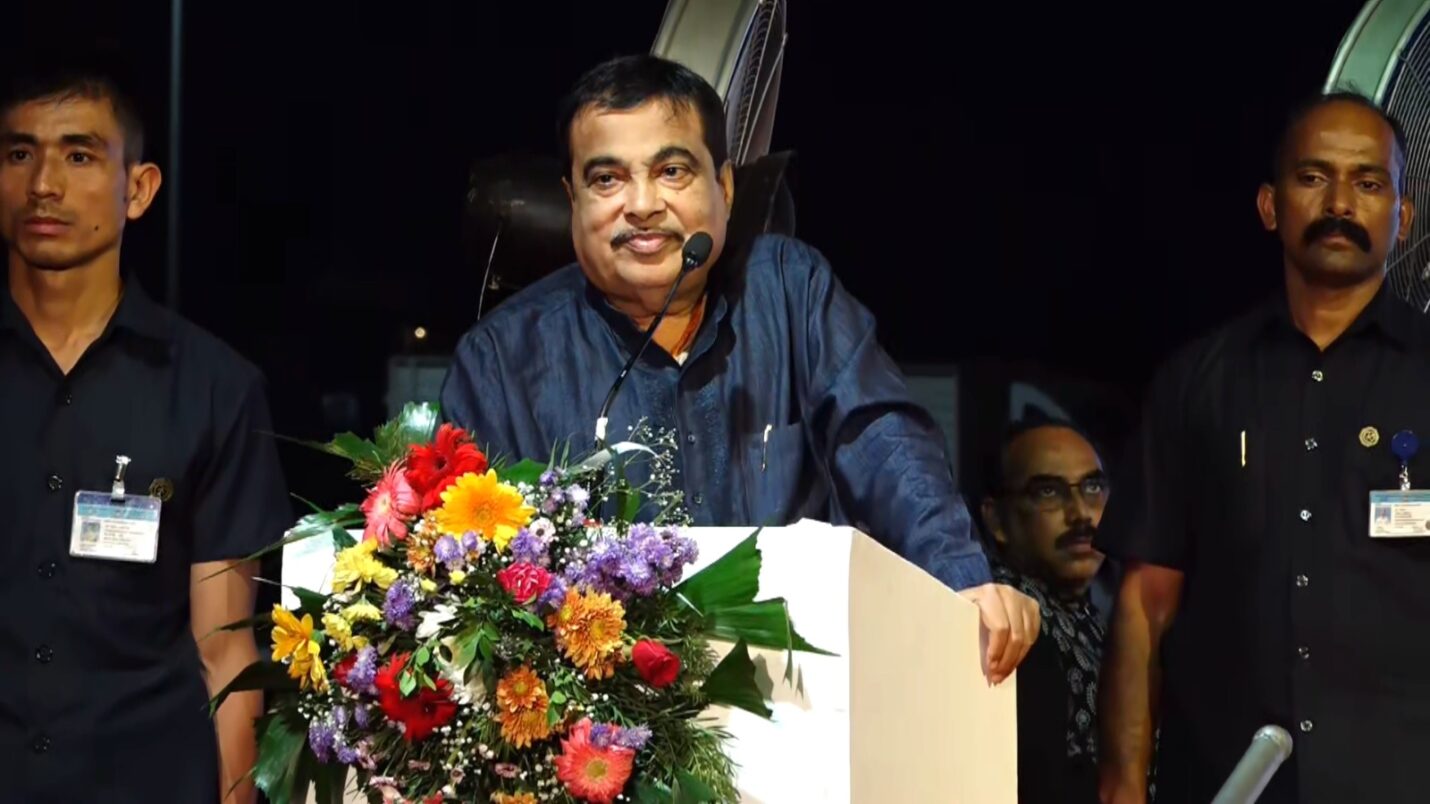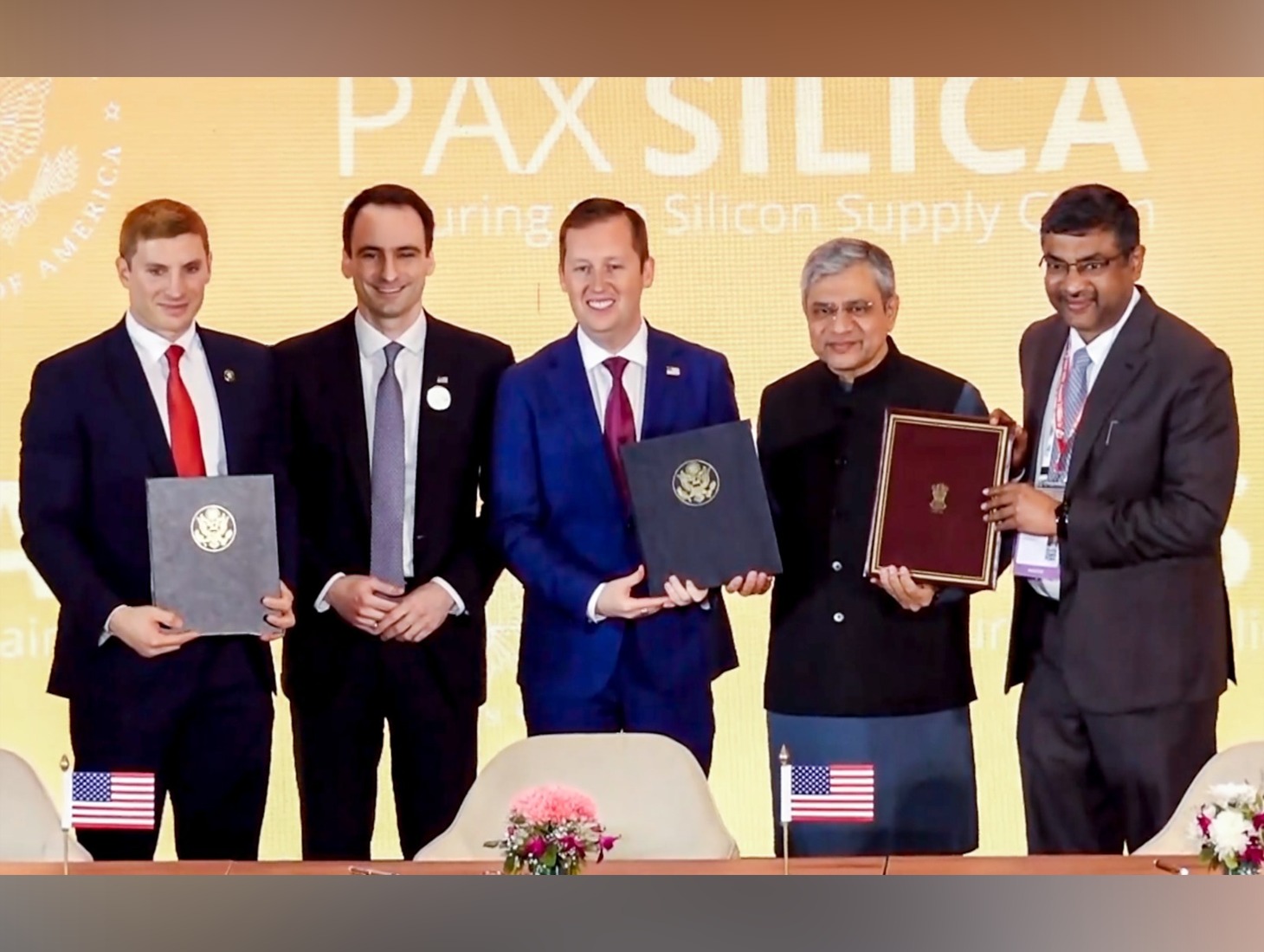The North News
Chandigarh/Pathankot, June 25
Punjab Police have unveiled a sweeping multi-agency security and coordination plan ahead of the Shri Amarnath Yatra 2025, in a bid to ensure the safe passage of pilgrims travelling through the state. The pilgrimage, which begins on 3 July and continues until 9 August, draws hundreds of thousands of devotees each year to the sacred cave shrine in Jammu and Kashmir. Many of these pilgrims transit through Pathankot, a critical security zone given its 26 km border with Pakistan and several strategic defence installations.
Chairing a high-level inter-agency meeting in Pathankot, Special DGP (Law and Order) Arpit Shukla said that the Punjab Police—alongside Army, civil administration, and central forces—has activated a comprehensive plan involving surveillance, rapid-response units, traffic control, and disaster management systems. “Given the sensitive geography, we have raised the security level substantially. Roads leading to Jammu & Kashmir are now under the direct command of officers of Commandant rank,” Shukla told reporters.
He said the Yatra route has been divided into multiple security sectors, each monitored 24×7 by specially appointed command officers to ensure real-time intervention in the event of an emergency. A central Command and Control Centre, operational round the clock at Nakka Madhopur, will use high-tech surveillance to track all pilgrim and vehicle movements.
Shukla added that anti-sabotage operations and security checks are being conducted daily at vulnerable locations, including bus stands, railway stations, langars (community kitchens), and religious sites. The elaborate measures are being implemented under the direct supervision of SSP Pathankot Daljinder Singh Dhillon, with technical support from drone surveillance, GPS-enabled patrolling, CCTV monitoring, and mobile surveillance units.
In a grassroots-level effort to strengthen civilian participation in security measures, police have also briefed staff at petrol stations, roadside dhabas, hotels, and guest houses along the route to immediately report suspicious objects or individuals. “Seamless coordination among all stakeholders—including the Indian Army, BSF, CAPF, and police from J&K and Himachal Pradesh—is critical,” Shukla emphasised.
Present at the meeting were key civil and police officers, including DIG Border Range Satinder Singh, AIG Sukhminder Singh Mann, Deputy Commissioners from Pathankot, Hoshiarpur, and Kathua, as well as senior officials from the Indian Army, Air Force, and other central agencies.
The move underscores the state’s increasing reliance on inter-agency collaboration and technological support to manage high-risk religious gatherings amid regional security challenges.
















